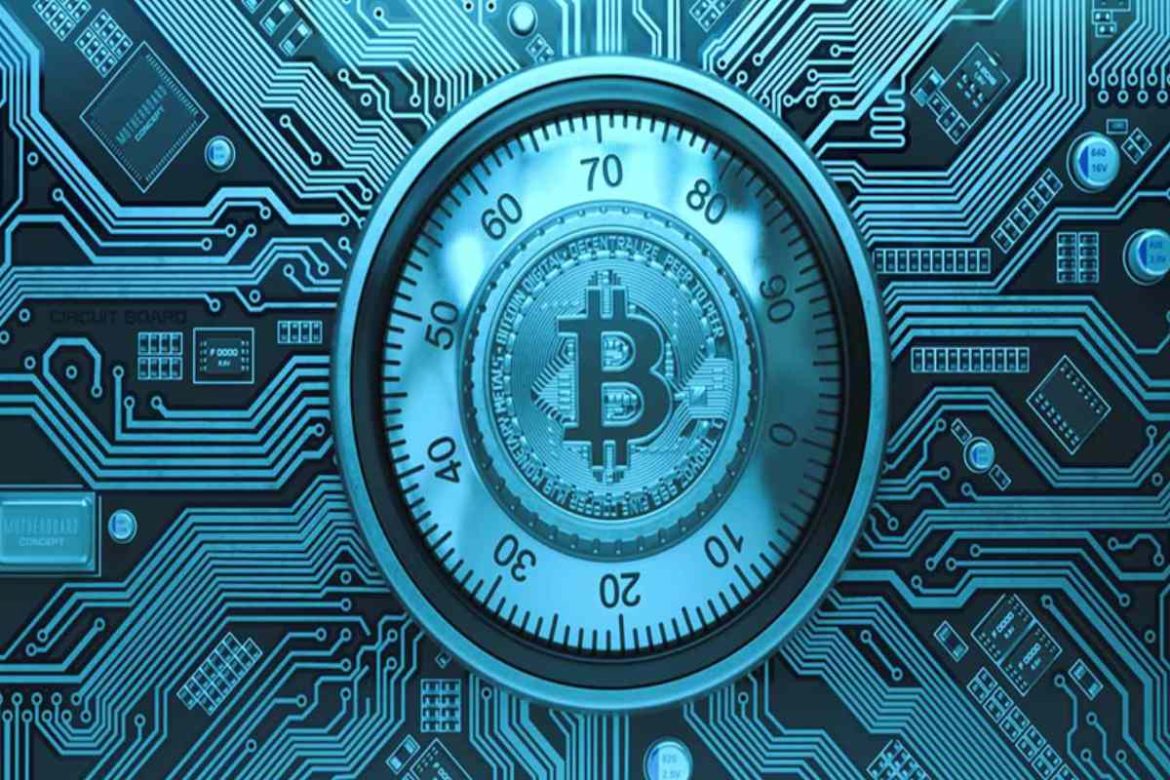Real-World Cases That Have Used Blockchain Technology – Blockchain is a technology that has been gaining popularity since its inception in 2009. While it was first used to support cryptocurrency transactions, it has since expanded into other areas of commerce and government. As interest in blockchain continues to grow, many people are wondering what exactly this technology can do for them and how it works.
This article will answer those questions by exploring how blockchain works and what kinds of applications it’s being used for today.
Table of Contents
What is Blockchain?
Blockchain is a decentralized digital ledger that records transactions across many computers. It’s used to verify and record transactions between two parties, but it doesn’t require a trustworthy third party (like PayPal) or any other intermediary.
The technology behind blockchain has some advantages over traditional databases: it’s more secure, it allows for quick validation of transactions by using consensus algorithms, and it can facilitate peer-to-peer payments without the need for an intermediary like PayPal or Visa.
Applications of Blockchain
Blockchain technology has been around since 2008 but hasn’t really taken off until recently–and for good reason. It has many applications in different industries:
Asset Management
Asset management is a process of managing the assets of an organization. It includes the management of all physical and financial assets, as well as intangible assets such as intellectual property and human capital.
BSV Blockchain technology can help improve asset management by providing transparency into the flow of goods through supply chains, allowing companies to track their products from raw materials to delivery at retail outlets or end customers’ hands.
This will enable them to better manage inventory levels and prevent fraud by enabling easy verification that any given product is authentic before it enters circulation within their system (thus reducing counterfeit goods).
Cross Border Payment
Right now, sending money across borders is a lengthy process that involves several different providers, which each take their own piece of the transaction and charge their own fees.
It has been used to help people to send money overseas more quickly, safely and cheaply. Blockchain allows two banks to create a system that would allow them to communicate and share data automatically. This would reduce the risk of human error, and make it possible for money to be sent around the world instantly.
Blockchain allows for this process to be streamlined by acting as an intermediary and putting all of the charges on one provider while speeding up the entire process. This will make it much easier to do business internationally.
Healthcare
Blockchain technology is being applied in the healthcare industry in a variety of ways, including storing the medical history of patients and creating secure supply chains for drugs and other products. The technology can also be leveraged for insurance claims processing, improving both efficiency and accuracy.
This will help reduce costs associated with processing time delays or errors caused by mistakes made by staff members who manually enter information into databases.
Cryptocurrency
Cryptocurrency is a form of digital money that you can use to buy goods and services on the internet, without any middleman involved. The most popular cryptocurrency today is bitcoin, but there are many others available such as Ethereum, Ripple, Litecoin, LUNC, BRISE token and more, which have their own unique features and benefits.
What makes it so secure and private is blockchain—this technology allows cryptocurrency to be decentralized, which means no one has to approve transactions before they happen.
Real Estate

In the real estate industry, blockchain technology can help transfer property deeds and records. Smart contracts can be used to automatically compute and distribute property funds to parties involved in a transaction. For example, if you bought a house the funds would automatically go to your bank account and the title of the property would transfer seamlessly.
The transaction would be recorded on a distributed ledger, which is easily accessible by anyone with access to it. This makes it easy to track all transactions throughout history, which can be especially helpful when you are trying to verify details about a property or make sure that someone hasn’t forged any documents or altered anything after the fact.
Online Identity and Verification
Blockchain can help provide a secure and efficient way to verify the identity of an individual. The technology can be used to verify the identity of a person, business or product by recording information on a public ledger that is shared across multiple computers in real time. This allows users to access information quickly and securely without having to go through an intermediary such as a bank or government agency.
Copyright and Royalties
This is one of the most interesting applications of blockchain technology. A lot of people, especially musicians and artists, have been complaining about how difficult it can be to track down who owns what.
With blockchain technology you can create a digital ledger that tracks all this information about your content–who owns it, when it was created etc.–without needing any central database or authority figure like a record label or publisher to oversee everything.
Applications of Blockchain – Supply Chain
The supply chain is a critical component of any business. It’s the process that connects every part of your company, from raw materials to finished products and everything in between. Supply chains also have inherent problems with transparency: because so many people are involved in creating products before they get to consumers’ hands, there’s no single source of truth about where things are or what they’re doing at any given time.
Blockchain technology solves these issues by providing an immutable ledger that tracks each item along its journey from production facility through distribution channels until reaching end users (consumers). With blockchain tracking data available 24/7 online–and accessible only by authorized parties–there’s no way anyone could lie about whether something was authentic or not without getting caught immediately afterward.


